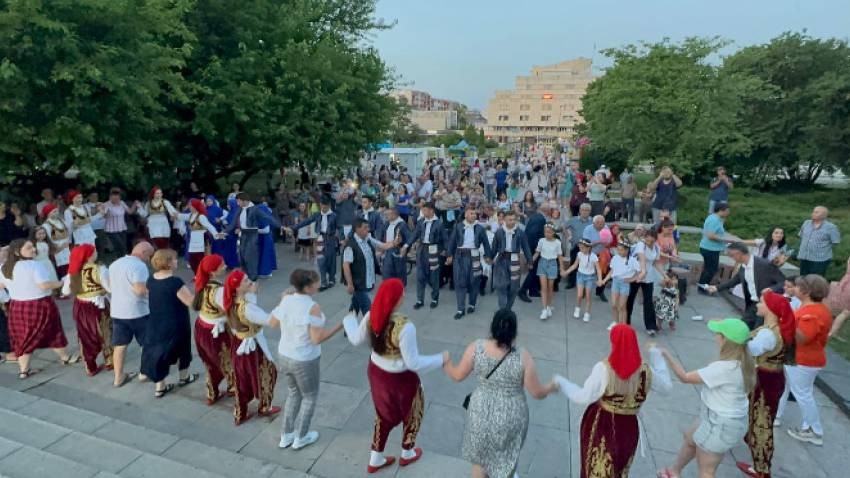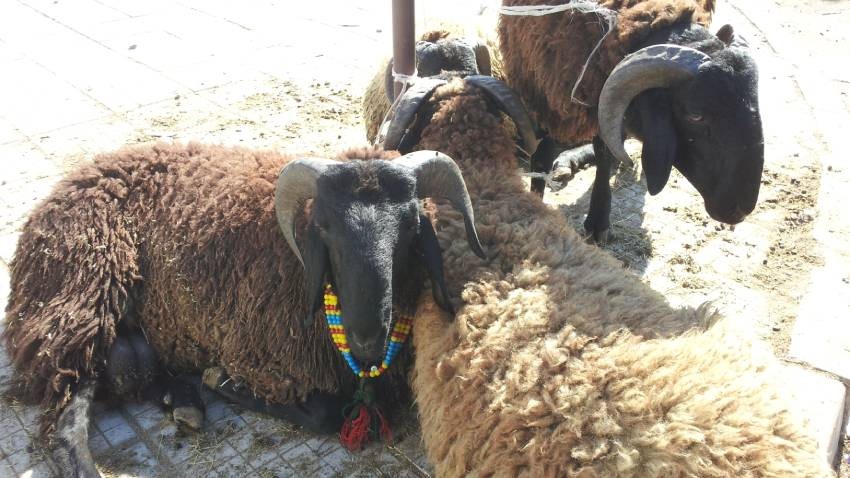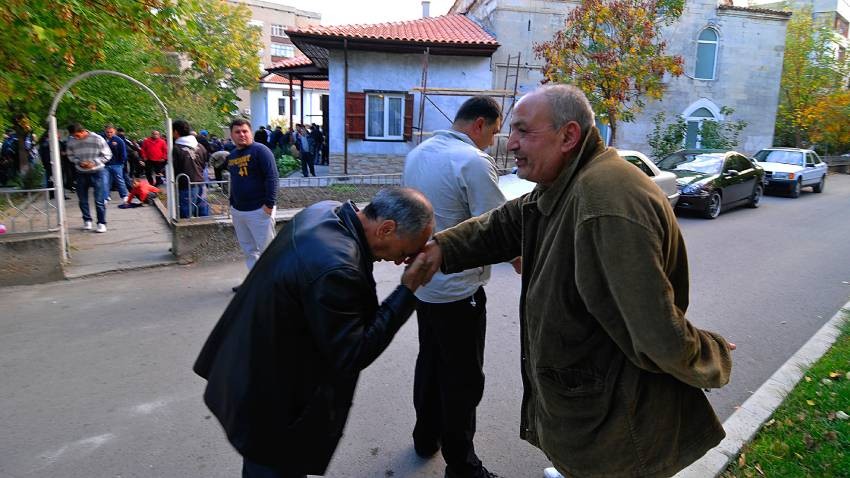


This summer, archaeologists once again breathed life into the legends woven into the rocks of Kaliakra . Among the ruins of the once majestic fortress above the Black Sea, over 400 artefacts were discovered, shedding new light on..
The 85 th anniversary since Southern Dobrudzha returned within the bounds of Bulgaria will be celebrated with an official ceremony on 1 October in Silistra, the Bulgarian news agency BTA reports. Representatives of the local and central..
Bulgarian Patriarch Daniil met with Ecumenical Patriarch Bartholomew in Thessaloniki, the Bulgarian Patriarchate announced. The two discussed the centuries-old spiritual ties between the Ecumenical Patriarchate of Constantinople and the Orthodox..

+359 2 9336 661
